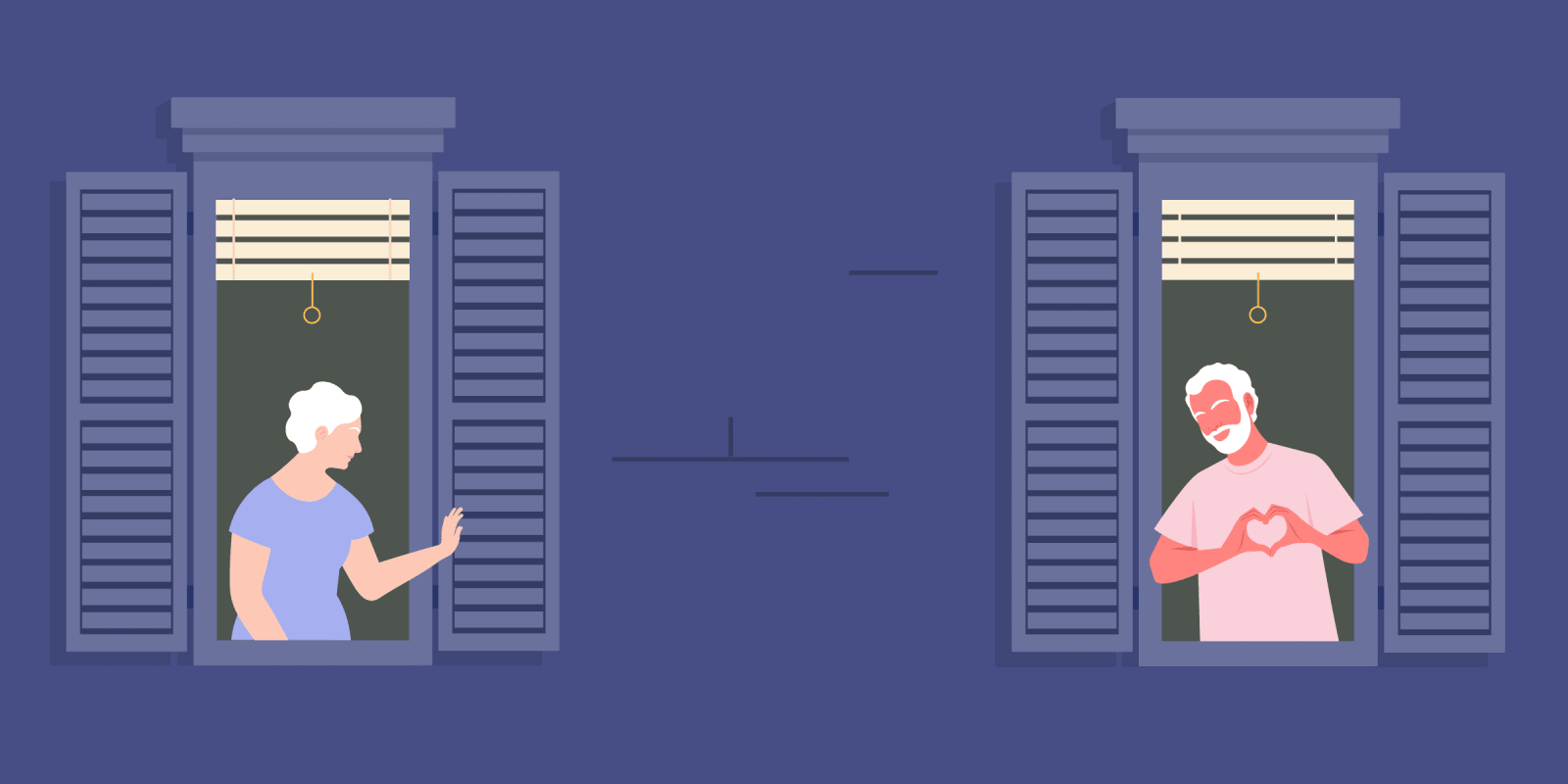Storytelling is as old as humanity. So is doctoring. In fact, doctoring is, in large part, about collecting stories. It’s no coincidence that so many doctors were and are also writers: Atul Gawane, Paul Farmer, Abraham Verghese. As doctors, we enter a privileged space of trust where we are privy to the most intimate details of our patients’ lives, and as such, we are drawn naturally to telling their stories. Here is one such tale.
I started the day with a page from the ED. The patient in question was Mary, a 65-year-old otherwise healthy woman who had arrived at the ER out of the blue with a “myocardial infarction” — a heart attack. I called the ED resident to get the story.
“You won’t believe this,” he said. Prior to the event, Mary had actually been upstairs in the hospital visiting her husband, who had just received a heart transplant. She was sitting with him in recovery when she herself began to have chest pain. I reviewed her EKG, her cardiac biomarkers, and I agreed — it looked like your run of the mill heart attack. Mary underwent an urgent catheterization later that day. But the results yielded something unexpected: No coronary obstruction at all, but instead, “Takotsubo cardiomyopathy.”
Takotsubo — broken heart syndrome — is a fascinatingly poetic condition. The name comes from the Japanese word for “octopus pot,” because the left ventricle of the heart takes on the characteristic appearance of the traditional clay pot used to capture octopuses. It is thought to be a response of cardiac myocytes to cytokines released in periods of acute stress or emotional trauma. It’s not a myth: The heart can literally break in response to emotional distress.
Mary arrived on the hospital floor after her procedure, and I got to know her. As we talked, I learned that her husband, after years of battling heart failure, had finally been admitted to the hospital the previous week for a long-anticipated heart transplant. They had been together for 45 years. He was her whole life. They were high school sweethearts from a small town. Now, in his declining state of health, she did everything for him. She cooked for him; helped bathe and clothe him. They spent their days, from dawn until dusk, together. This hospitalization was the first time they had slept apart for more than a night or two in nearly 45 years.
“Look,” she told me, pointing to the window of her room, “See that window across the way? That’s the cardiac ward where my husband’s room is. My nurse won’t let me off the floor, but in the mornings, he comes to the window and we wave at each other.” At that very moment, as if he could hear us talking about him through some psychic connection the two of them so clearly shared, her husband appeared at the window, blowing us both kisses in his hospital johnny and slippers. He was so silly-looking that I started laughing out loud, and Mary followed suit. Neither of us could stop laughing, giggling like schoolgirls, blowing him kisses back across the window. I pictured her maybe doing the same thing, 45 years before, at the high school where they met. Forty-five years later, they were still just as in love, their hearts still just as connected.
What an unbelievable story of love: His heart had failed, and now in sympathy or solidarity, hers had too. With their story, they had both captured my heart.
It’s stories like these that keep me going even when the work becomes a challenge. So many faces, so many voices of all the lives with which we come into contact. I hear them all, and I ponder their poetry.
What patient stories have captured your heart? Share them in the comments below!
Elena Hill, MD, MPH, is a family medicine physician who trained in Boston and is currently practicing in the Bronx, New York. Her clinical interests include addiction medicine, chronic pain, and narrative medicine as a means for sharing her patient's amazing and inspiring stories.
Image by Maria Voronovich / GettyImages







